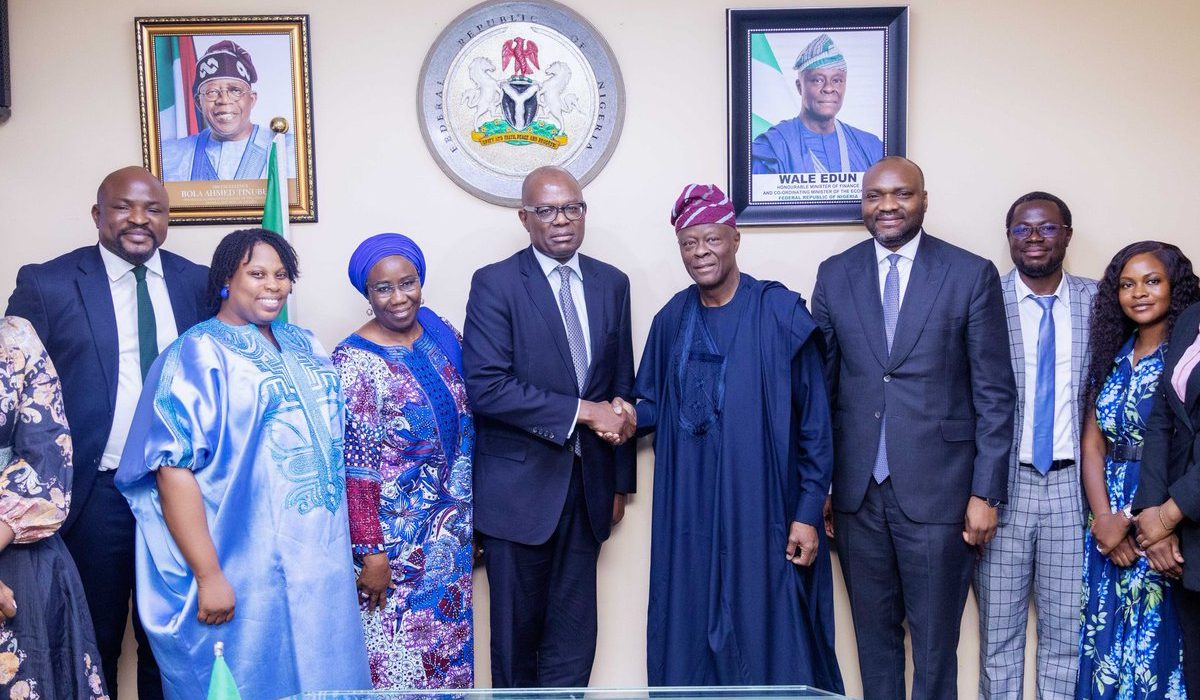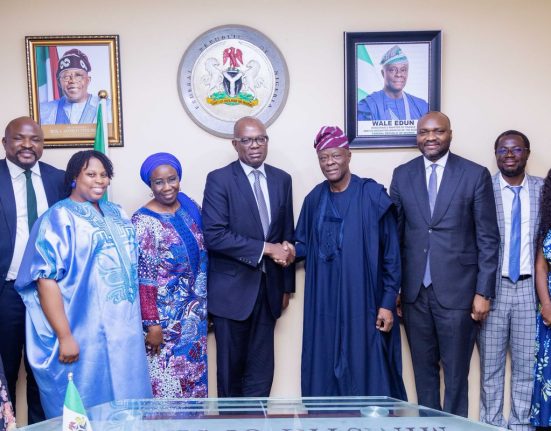In a major move to bolster Nigeria’s climate resilience and environmental sustainability, the Federal Government of Nigeria (FGN) has unveiled a Climate Investment Platform aimed at unlocking over $500 million in green finance to support eco-friendly projects across the country.
The initiative, which was launched in Abuja, is a strategic component of Nigeria’s commitment to achieving its Nationally Determined Contributions (NDCs) under the Paris Agreement and transitioning to a low-carbon economy. The platform is designed to serve as a centralized marketplace where project developers, investors, and policymakers can collaborate to drive investments in renewable energy, sustainable agriculture, climate-smart infrastructure, and other green sectors.
According to officials from the Federal Ministry of Environment, the platform will provide end-to-end support to climate-related projects — from technical advisory and policy guidance to matchmaking with both local and international financiers. It is also expected to reduce bureaucratic bottlenecks and improve investor confidence in Nigeria’s climate economy.
Speaking at the launch, the Minister of Environment, Balarabe Abbas Lawal, described the platform as a “game changer” in the country’s journey toward climate resilience and economic transformation.
“Nigeria cannot afford to sit on the sidelines of the global green transition. This platform sends a clear signal to the world that we are open for sustainable business, and we are ready to scale climate solutions that work for our people and our planet,” he stated.
The Climate Investment Platform is being implemented with support from international development partners, including the United Nations Development Programme (UNDP), the Green Climate Fund (GCF), and the African Development Bank (AfDB). These partners are expected to play critical roles in mobilizing funds, providing technical expertise, and ensuring global best practices in project execution.
The platform is also a response to Nigeria’s growing vulnerability to climate change — with rising temperatures, desertification in the North, and increased flooding in coastal areas threatening livelihoods, food security, and infrastructure.
Experts believe that the initiative could significantly stimulate Nigeria’s green economy, especially by enabling startups, local governments, and community-based organisations to access climate finance that was previously out of reach.
So far, over 30 climate-smart projects have been identified for potential funding under the platform’s first phase, spanning clean energy, sustainable transport, afforestation, and waste-to-energy solutions.
With Africa still receiving less than 5% of global climate finance, Nigeria’s bold step to create a dedicated investment vehicle is being hailed as a practical model for other developing nations.
As the Federal Government continues to push its green agenda, stakeholders are hopeful that this platform will not only unlock funding but also catalyse innovation, create green jobs, and put Nigeria firmly on the map of climate leadership.

